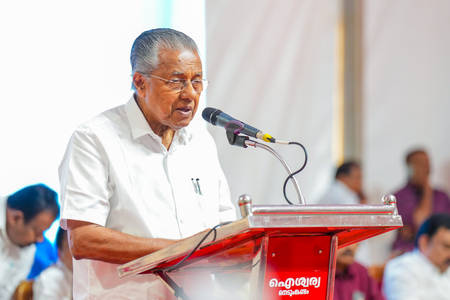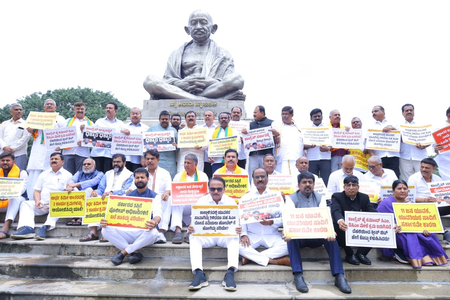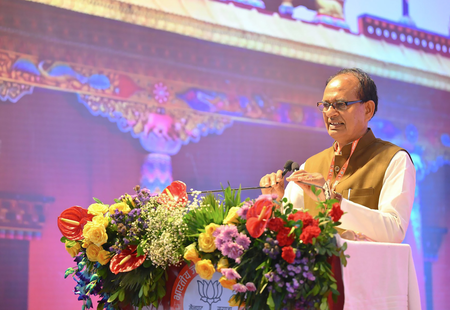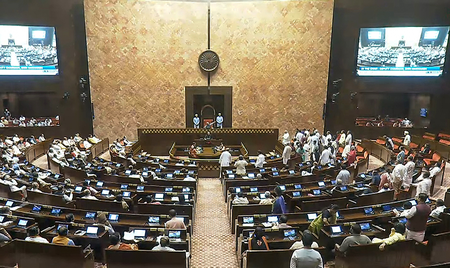
Thiruvananthapuram, Aug 11 (IANS) The Kerala government has, for all practical purposes, decided against approving the Kerala State Beverages (Marketing & Manufacturing) Corporation Limited’s (BEVCO) proposal to introduce home delivery of liquor.
According to top sources, the Pinarayi Vijayan government feels it could lead to a controversy as two crucial elections — local body and the assembly elections are on the horizon.
The proposal, submitted by Bevco Managing Director Harshita Attaluri, sought permission for online liquor sales under certain conditions, with the aim of boosting revenue.
Bevco had even developed a dedicated mobile application for the service, and major delivery platforms, including Swiggy, had reportedly expressed interest in partnering.
However, bar owners in the state opposed the idea, fearing it could impact their business.
According to the recommendation, only individuals above the age of 23 would be eligible to purchase liquor online, and proof of age would be required at the time of delivery.
Bevco’s plan also included introducing low-alcohol beverages aimed at tourists and allowing the sale of foreign-made beer in the state.
This is not the first time Bevco has floated such a proposal. A similar proposal was put forward three years ago but was rejected.
With the government maintaining its current stand, the move to enable liquor delivery directly to homes will remain off the table for now.
They also hoped that home delivery would boost sales revenue. BEVCO’s revenue in 2024-25 was Rs 19,700 crore, up from Rs 19,050 crore the previous fiscal.
Liquor sales in Kerala are regulated by the Foreign Liquor Rules, 1953, and introducing online sales would require amendments to the Abkari Act along with new rules, all of which must be approved by the state government.
BEVCO currently operates 26 warehouses and 283 retail outlets, of which 155 have self-service or premium counters.
Liquor sales remain a major source of revenue for the state, with collections rising from Rs 8,778.29 crore in 2016-17 to Rs 15,170.82 crore in 2023-24.
–IANS
sg/skp




